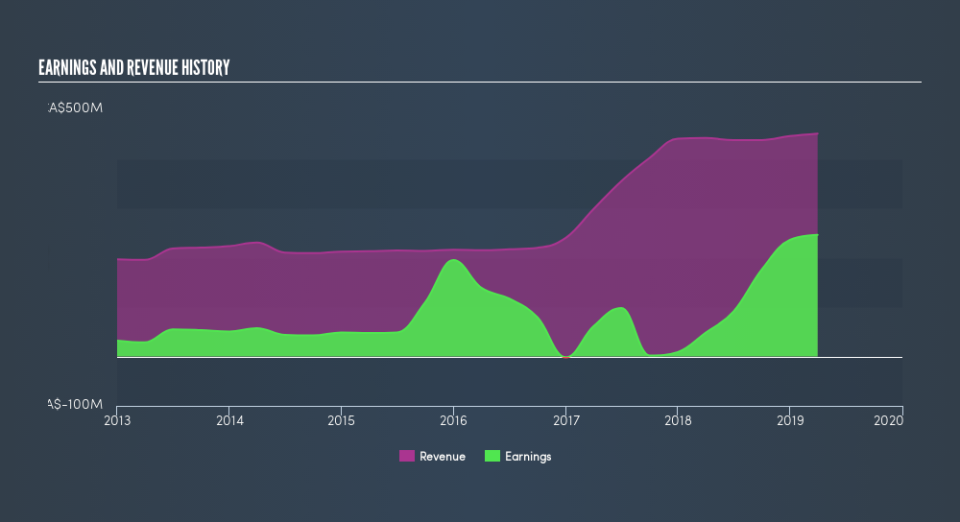How Does Investing In TransAlta Renewables Inc. (TSE:RNW) Impact The Volatility Of Your Portfolio?

Want to participate in a short research study? Help shape the future of investing tools and you could win a $250 gift card!
If you're interested in TransAlta Renewables Inc. (TSE:RNW), then you might want to consider its beta (a measure of share price volatility) in order to understand how the stock could impact your portfolio. Modern finance theory considers volatility to be a measure of risk, and there are two main types of price volatility. The first category is company specific volatility. This can be dealt with by limiting your exposure to any particular stock. The second type is the broader market volatility, which you cannot diversify away, since it arises from macroeconomic factors which directly affects all the stocks on the market.
Some stocks mimic the volatility of the market quite closely, while others demonstrate muted, exagerrated or uncorrelated price movements. Beta can be a useful tool to understand how much a stock is influenced by market risk (volatility). However, Warren Buffett said 'volatility is far from synonymous with risk' in his 2014 letter to investors. So, while useful, beta is not the only metric to consider. To use beta as an investor, you must first understand that the overall market has a beta of one. A stock with a beta greater than one is more sensitive to broader market movements than a stock with a beta of less than one.
Check out our latest analysis for TransAlta Renewables
What RNW's beta value tells investors
Zooming in on TransAlta Renewables, we see it has a five year beta of 1.11. This is above 1, so historically its share price has been influenced by the broader volatility of the stock market. Based on this history, investors should be aware that TransAlta Renewables are likely to rise strongly in times of greed, but sell off in times of fear. Share price volatility is well worth considering, but most long term investors consider the history of revenue and earnings growth to be more important. Take a look at how TransAlta Renewables fares in that regard, below.
Does RNW's size influence the expected beta?
With a market capitalisation of CA$3.7b, TransAlta Renewables is a pretty big company, even by global standards. It is quite likely well known to very many investors. It takes a lot of money to influence the share price of large companies like this one. That makes it interesting to note that its share price has a history of sensitivity to market volatility. There might be some aspect of the business that means profits are leveraged to the economic cycle.
What this means for you:
Since TransAlta Renewables tends to moves up when the market is going up, and down when it's going down, potential investors may wish to reflect on the overall market, when considering the stock. This article aims to educate investors about beta values, but it's well worth looking at important company-specific fundamentals such as TransAlta Renewables’s financial health and performance track record. I highly recommend you dive deeper by considering the following:
Future Outlook: What are well-informed industry analysts predicting for RNW’s future growth? Take a look at our free research report of analyst consensus for RNW’s outlook.
Past Track Record: Has RNW been consistently performing well irrespective of the ups and downs in the market? Go into more detail in the past performance analysis and take a look at the free visual representations of RNW's historicals for more clarity.
Other Interesting Stocks: It's worth checking to see how RNW measures up against other companies on valuation. You could start with this free list of prospective options.
We aim to bring you long-term focused research analysis driven by fundamental data. Note that our analysis may not factor in the latest price-sensitive company announcements or qualitative material.
If you spot an error that warrants correction, please contact the editor at editorial-team@simplywallst.com. This article by Simply Wall St is general in nature. It does not constitute a recommendation to buy or sell any stock, and does not take account of your objectives, or your financial situation. Simply Wall St has no position in the stocks mentioned. Thank you for reading.

 Yahoo Finance
Yahoo Finance 
